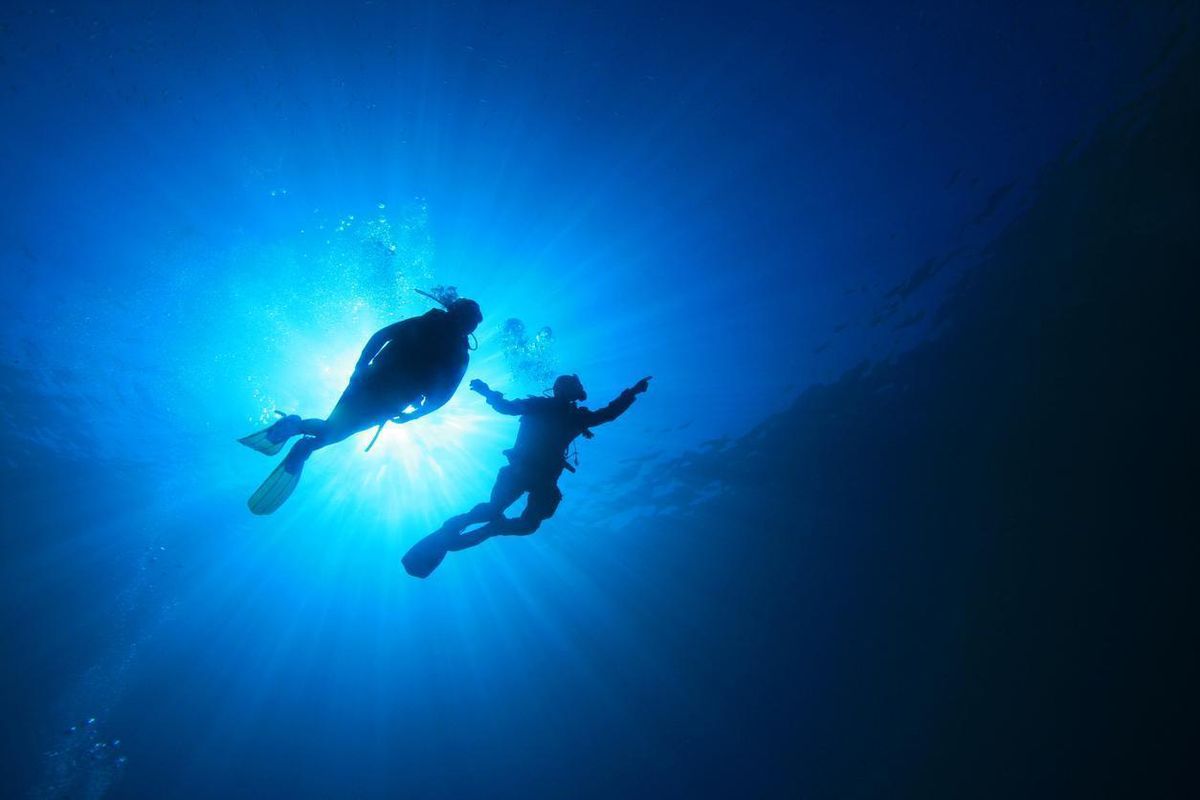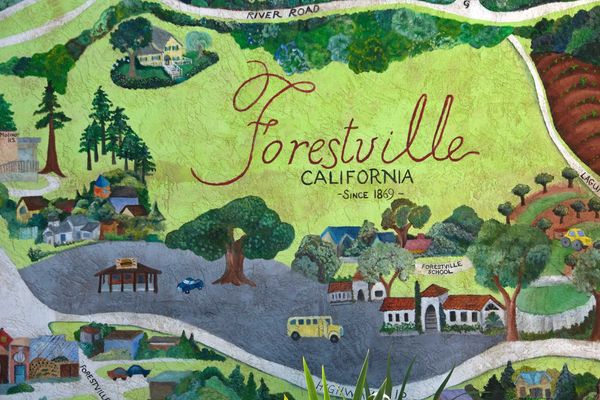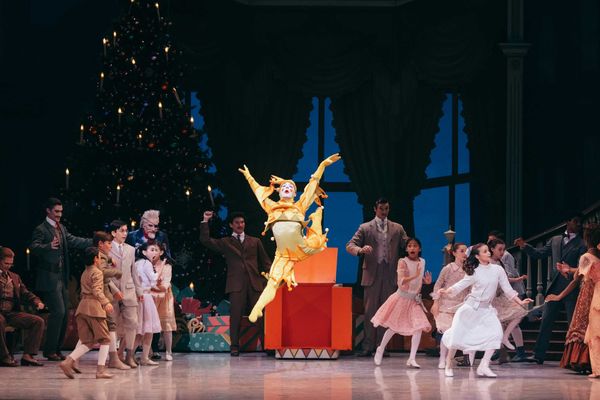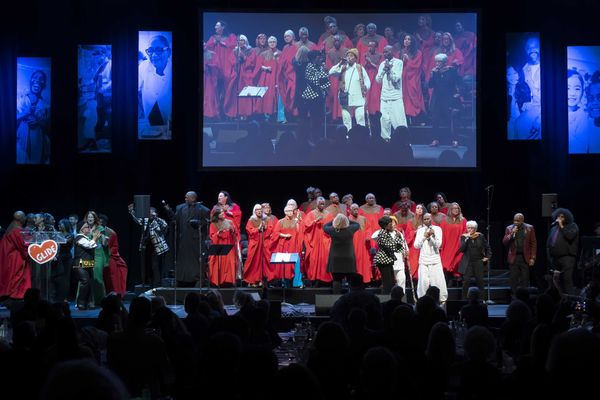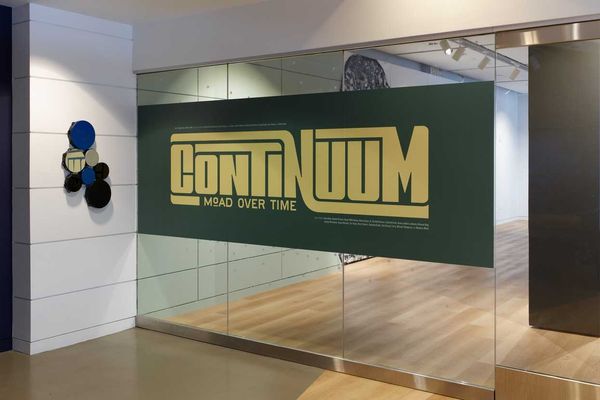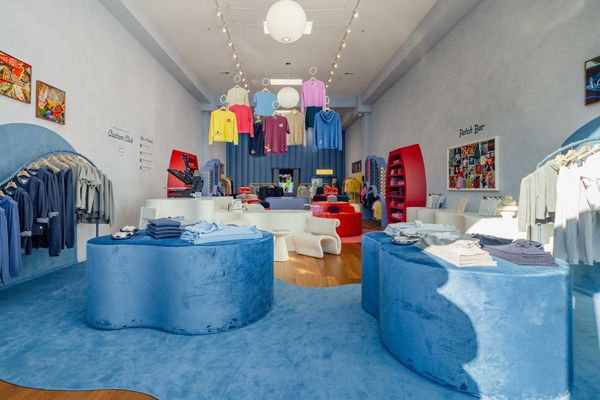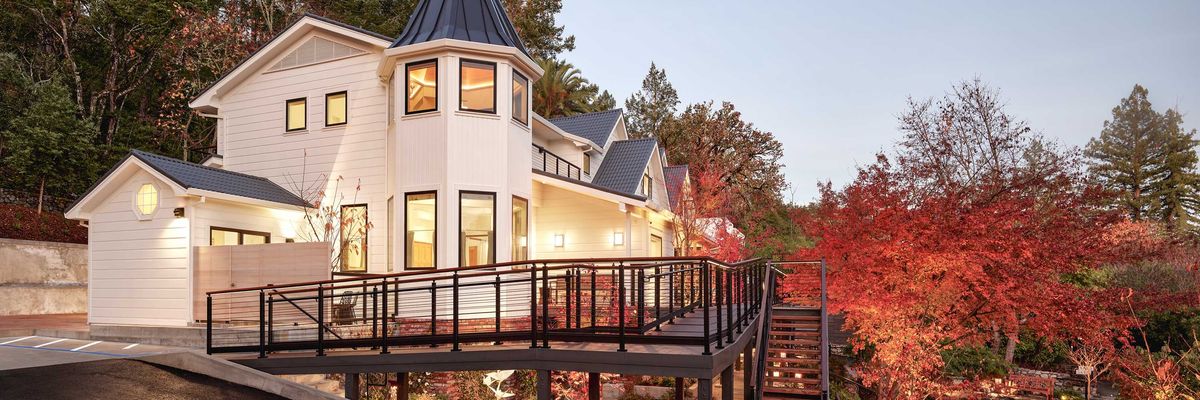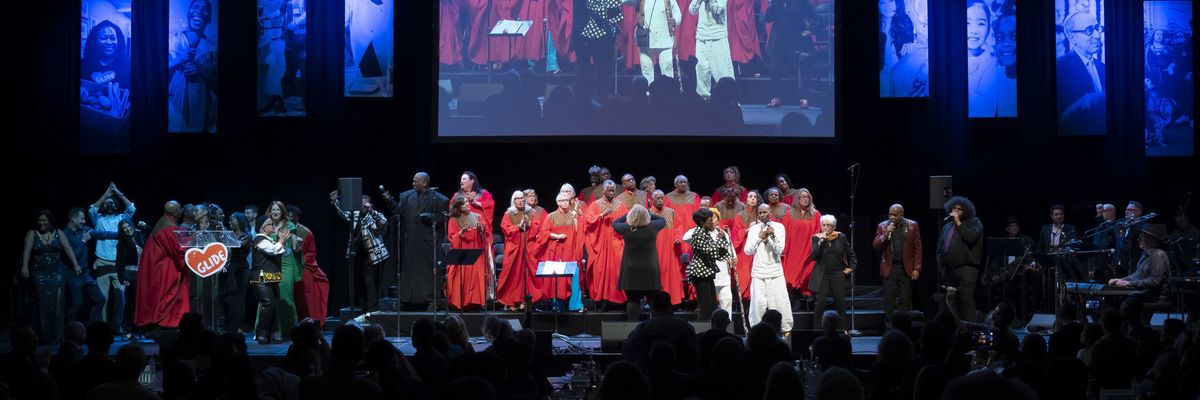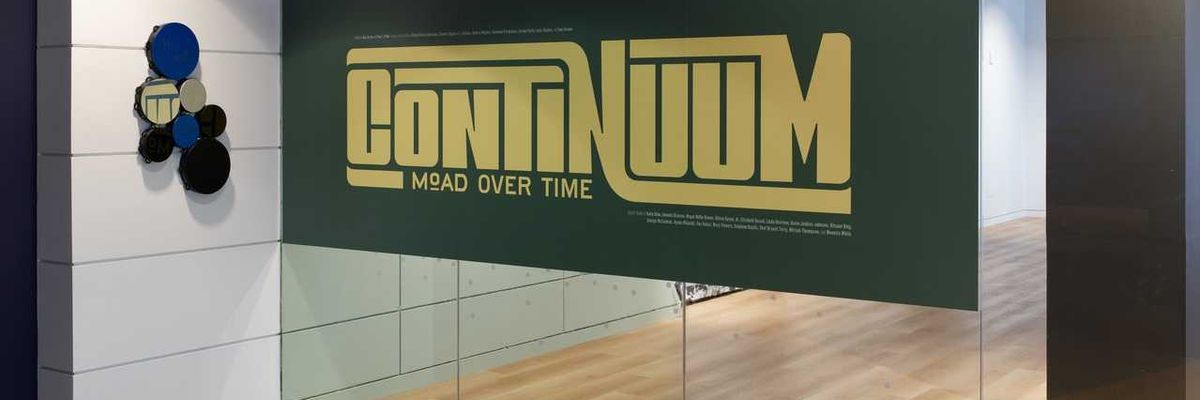Embrace your inner Ariel—even south of Market Street.
As NorCal residents, we're fortunate to be surrounded by some of the richest and most biodiverse underwater playgrounds anywhere in the Pacific—the San Francisco and Monterey bays alone are home to nearly 30 kinds of migratory cetaceans (whales and dolphins). With such promising seascapes to explore, it's about time you dive right in—literally—to discover life under the sea for yourself. But first, you've got to get schooled.
To learn how to dive and to get certified, beginners will need to take a combination of coursework in a classroom, in a pool, and, eventually in the open ocean. It takes only a couple of weekends (and about $500). Here's where to go.
San Francisco Scuba Schools (Pacifica)
The adage "knowledge is power" couldn't be more applicable when approaching underwater pursuits; getting the bends is far from a light-and-funny affair. But the folks at San Francisco Scuba School are hellbent on giving you the skill set and the in-water wisdom to help you navigate through even the most confounding of kelp forests. Offering both online classes and in-person assisted training, you can be scuba certified in as few as two days. // 541 Oceana Blvd. (Pacifica), sfscubaschools.com
Pro Tip: While you don't have to be the Michael Phelps of the open ocean, it's required that you be able to swim 200 yards and be able to tread water for 10 minutes with moderate ease before embarking on your scuba training.
Bamboo Reef Scuba Diving Center (San Francisco)
The average person can hold their breath for about 60 seconds, so it's critical that divers learn how to breathe underwater comfortably with an artificial apparatus. The senior instructing staff at Bamboo Dive Center puts a heavy emphasis on making you feel right at home—albeit, with an oxygen tank strapped to your back—below the water's surface, learning how to regulate your breathing and adjust your buoyancy. // 584 4th St. (SoMa), bambooreef.com
Pro Tip: SSI (Scuba Schools International) and PADI (Professional Association of Diving Instructors) are the two global diving organizations that most commonly issue scuba certifications; the trainings are nearly identical and recognized everywhere as equally valid.
Harbor Dive School (Sausalito)
At Harbor Dive, they offer a Diver Alert Network (DAN) certification, in addition to the standard SSI and PADI certifications. From learning CPR techniques and Oxygen Emergency Protocol Procedures, you'd be remiss if you side-stepped this extra level of life-saving knowledge. // 200 Harbor Dr, (Sausalito), harbordive.com
Pro Tip: Given that the average 30-liter oxygen tank weighs about 20 pounds, yoga is often recommended as an exercise for beginning scuba divers to both strengthen and increase the flexibility of their backs.
Once you're certified, all of the schools listed above offer ocean-going scuba adventures, both here in the San Francisco Bay and down south in Monterey Bay; great white shark cage dives can also be experienced off the Farallon Islands.



